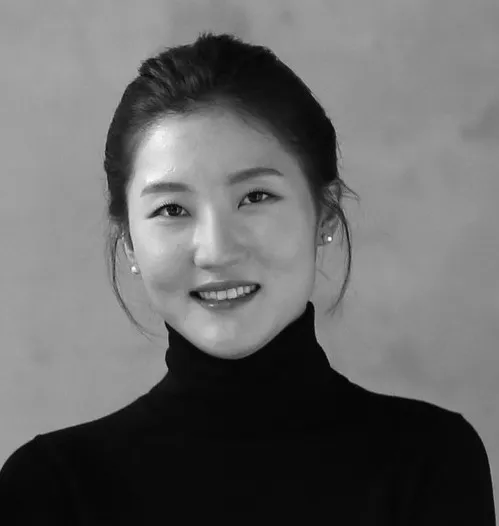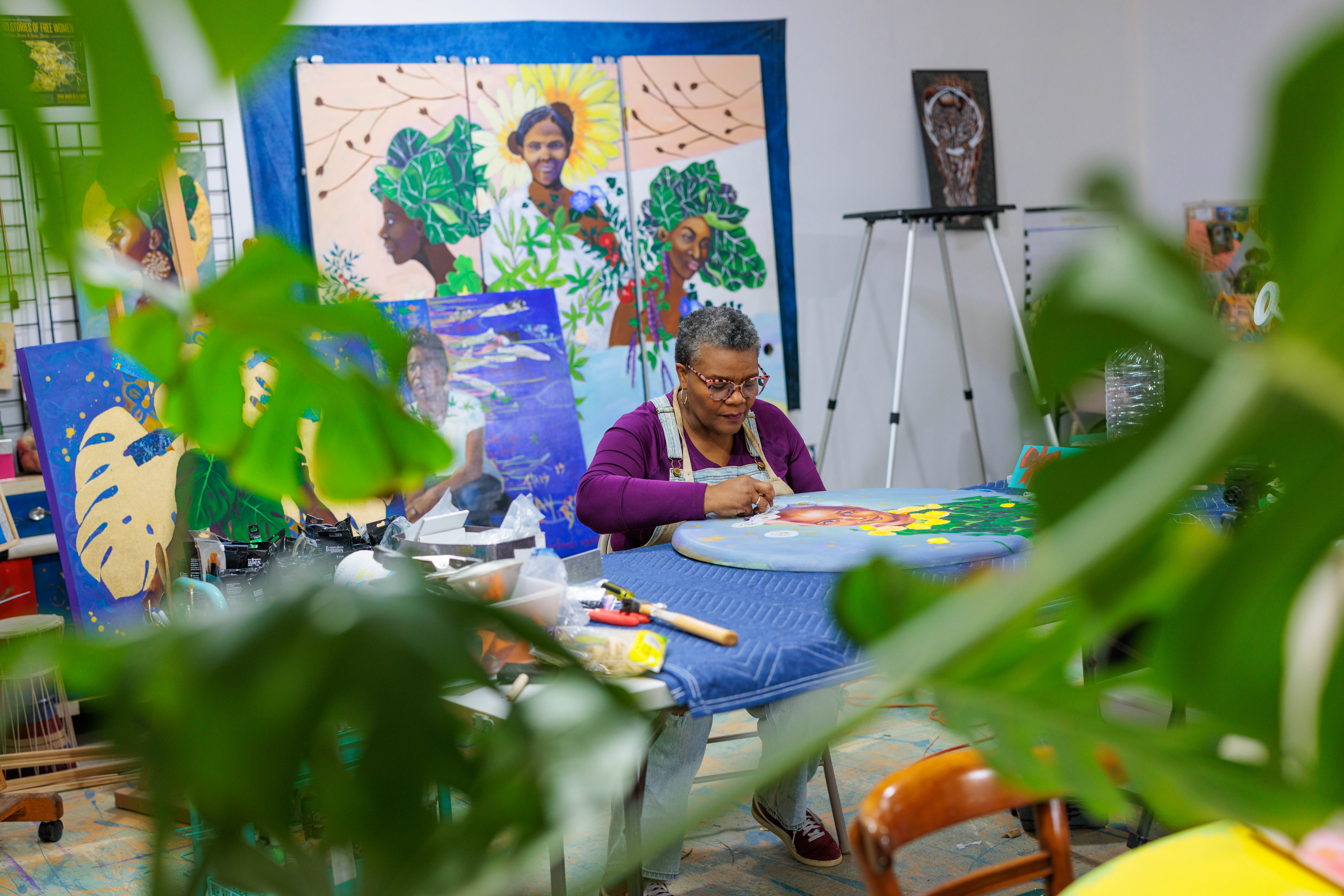
The Gullah/Geechee,
AUGUST 2022
Empowering the Gullah/Geechee economy
Candid conversations on structural racism have encouraged social scientists to recast issues of race, place, and inequality by adopting a new racial equity view.
Even when policymakers pursue a racial equity view, practical research continues to overlook indigenous communities of color. Of particular concern within this lacuna are rural minority communities sitting at the intersection of racialized and isolated places. We argue that researchers should carefully attend to the experiences of rural indigenous groups such as the Gullah/Geechee, whose interests and obstacles are only partly captured in the federal rural policy framework. The Gullah/Geechee people, indigenous to the communities stretching along the coast of the Carolinas, Georgia, and Northeastern Florida, are direct descendants of enslaved Africans. Theirs is a unique culture with deep ties to West African heritage and distinctly defined by a long history of tenacious landownership.
Despite their strong sense of identity, the Gullah/Geechee community is experiencing many of the challenges facing other rural communities across the nation, including economic fragility, troubling social trends, and the impact of climate change. Compounding those struggles is the reality that these communities are often overlooked because policymakers have a very narrow picture of what “rural America” looks like, a consequence of relying on stereotypes as well as abstract quantitative data that fails to sufficiently describe the breadth of rural America’s tremendous diversity. By overlooking or discounting that diversity, policymakers disregard the unique experiences of rural minority communities like the Gullah people who sit at the intersection of racialized and isolated places. This lack of attentiveness flattens our view of these communities—resulting in their further devaluation and marginalization from broader economic and political systems.
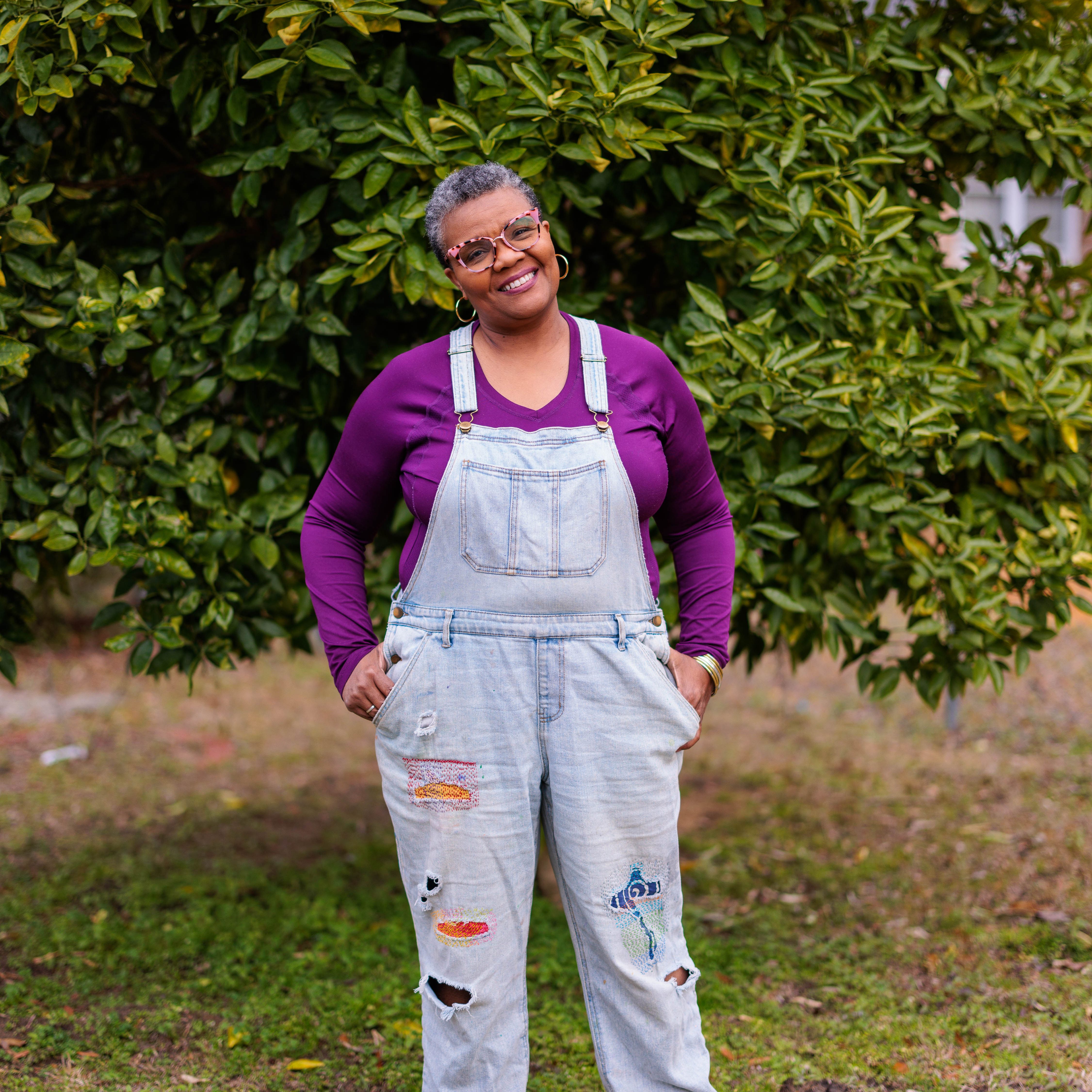
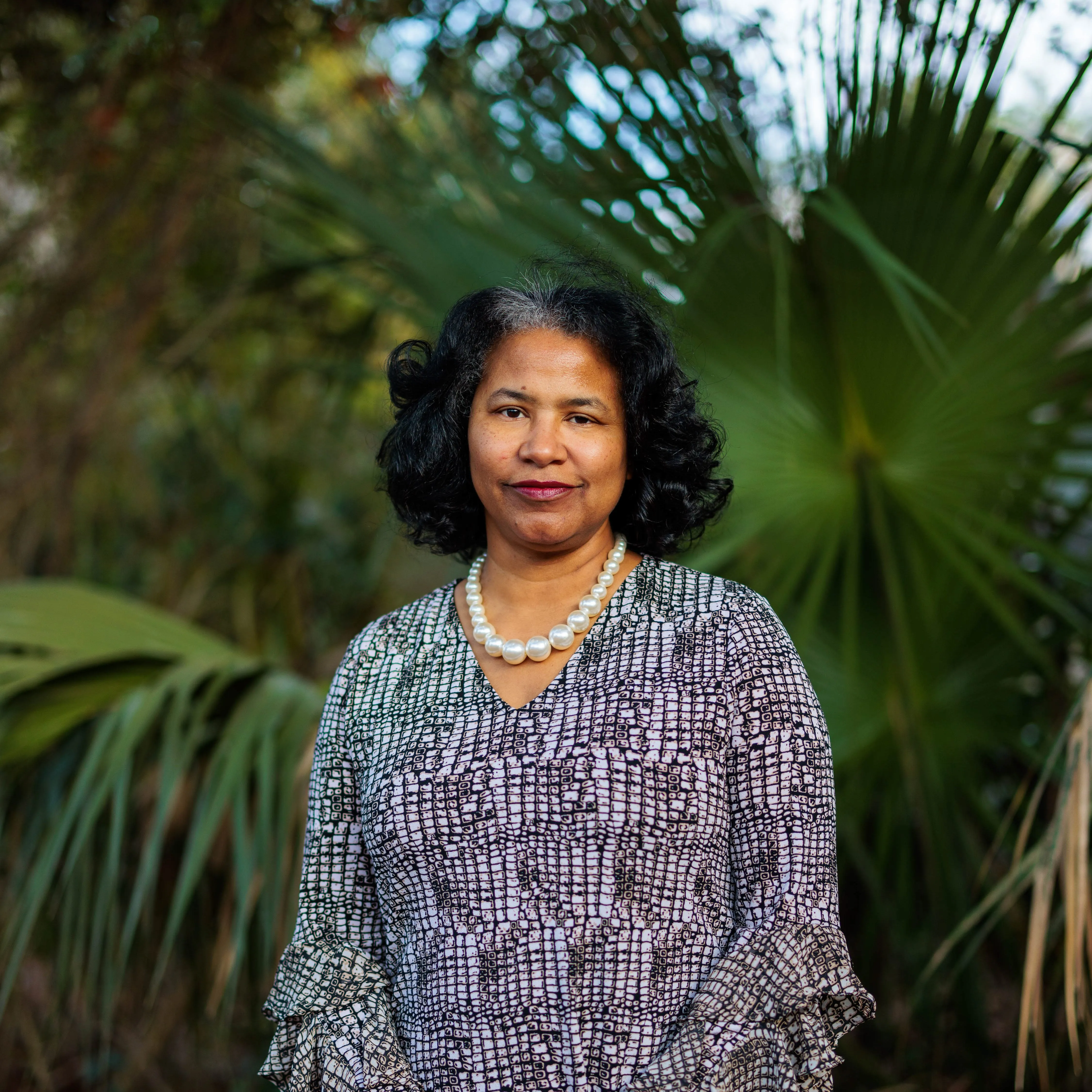
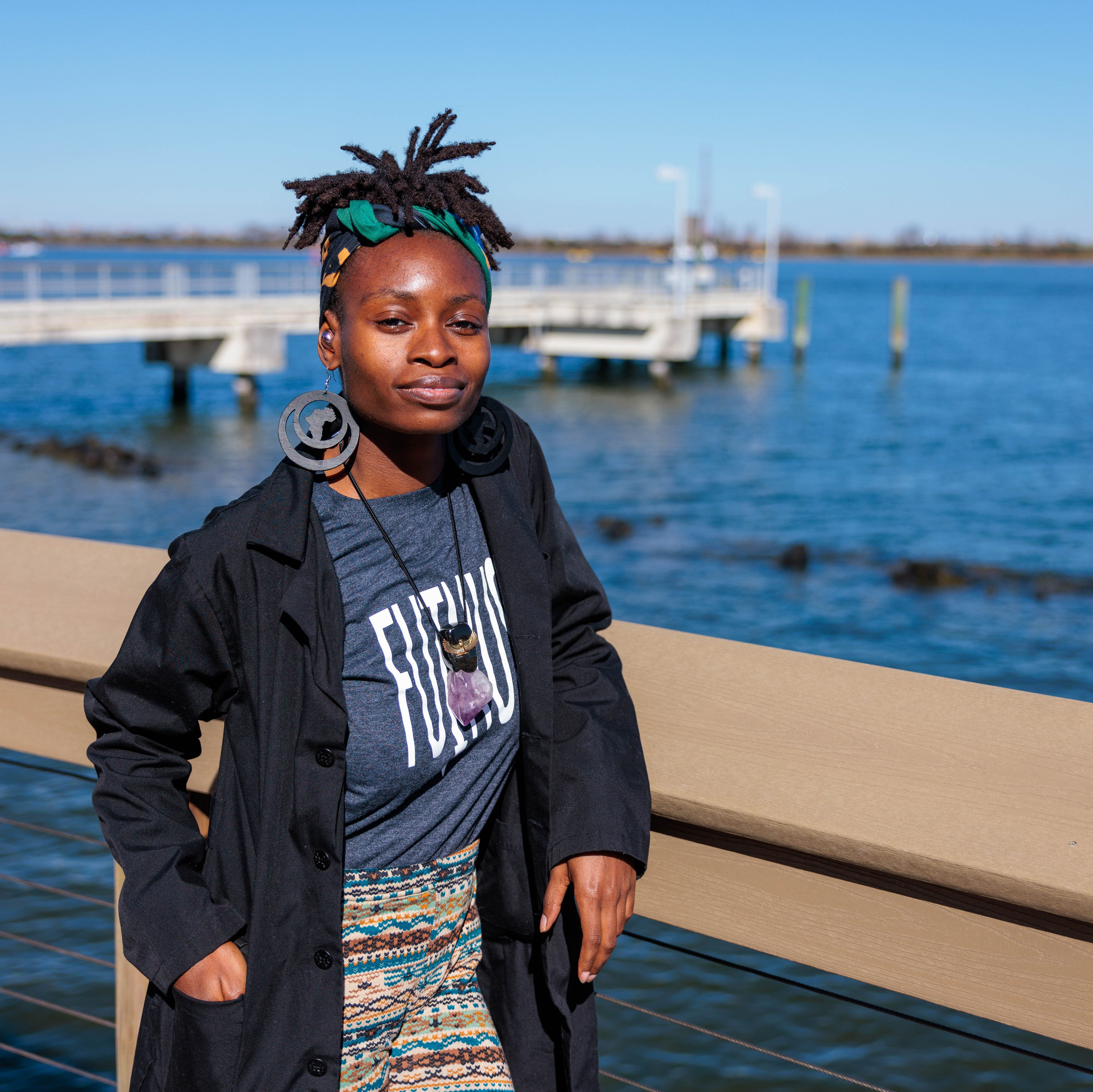
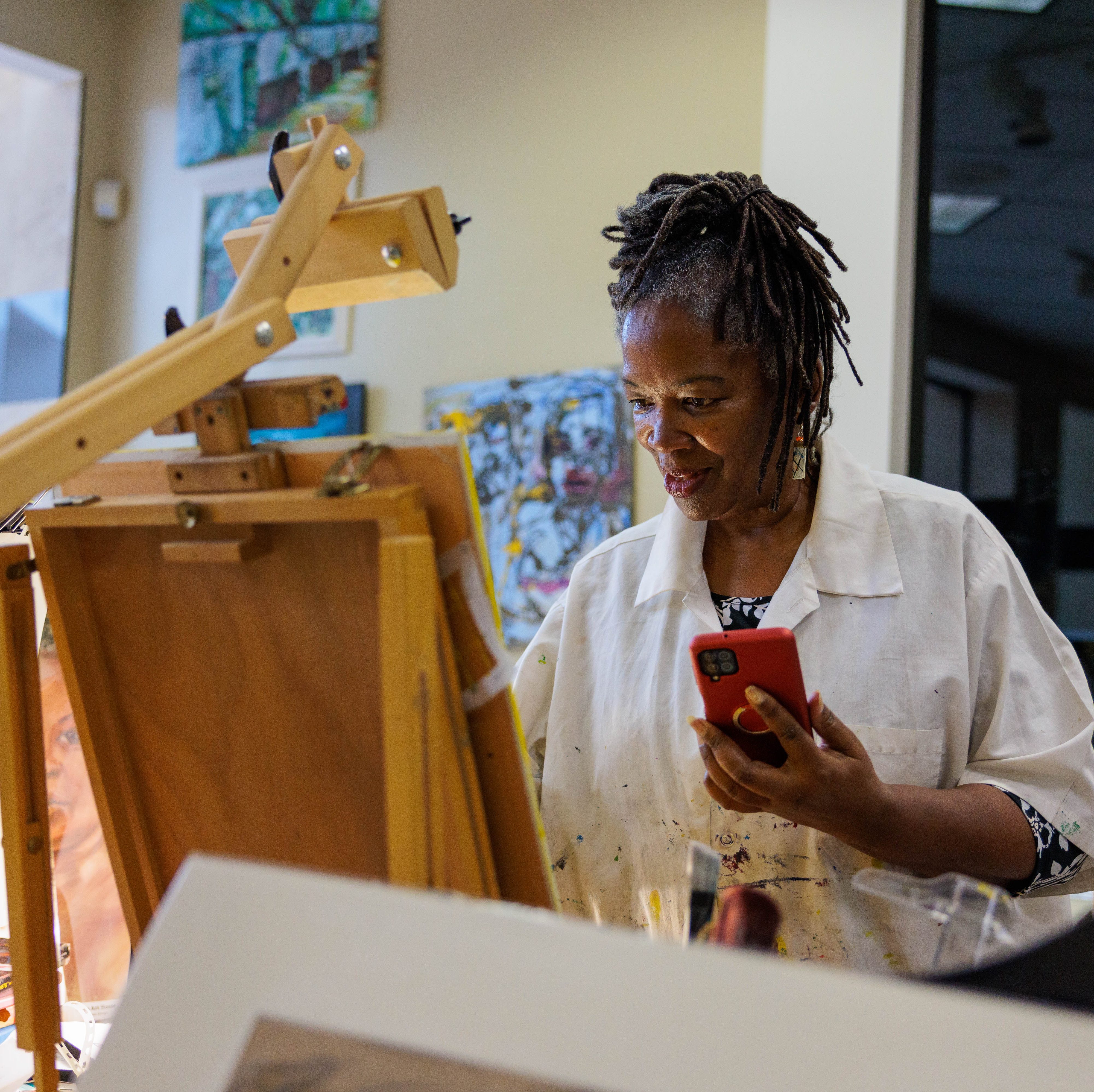
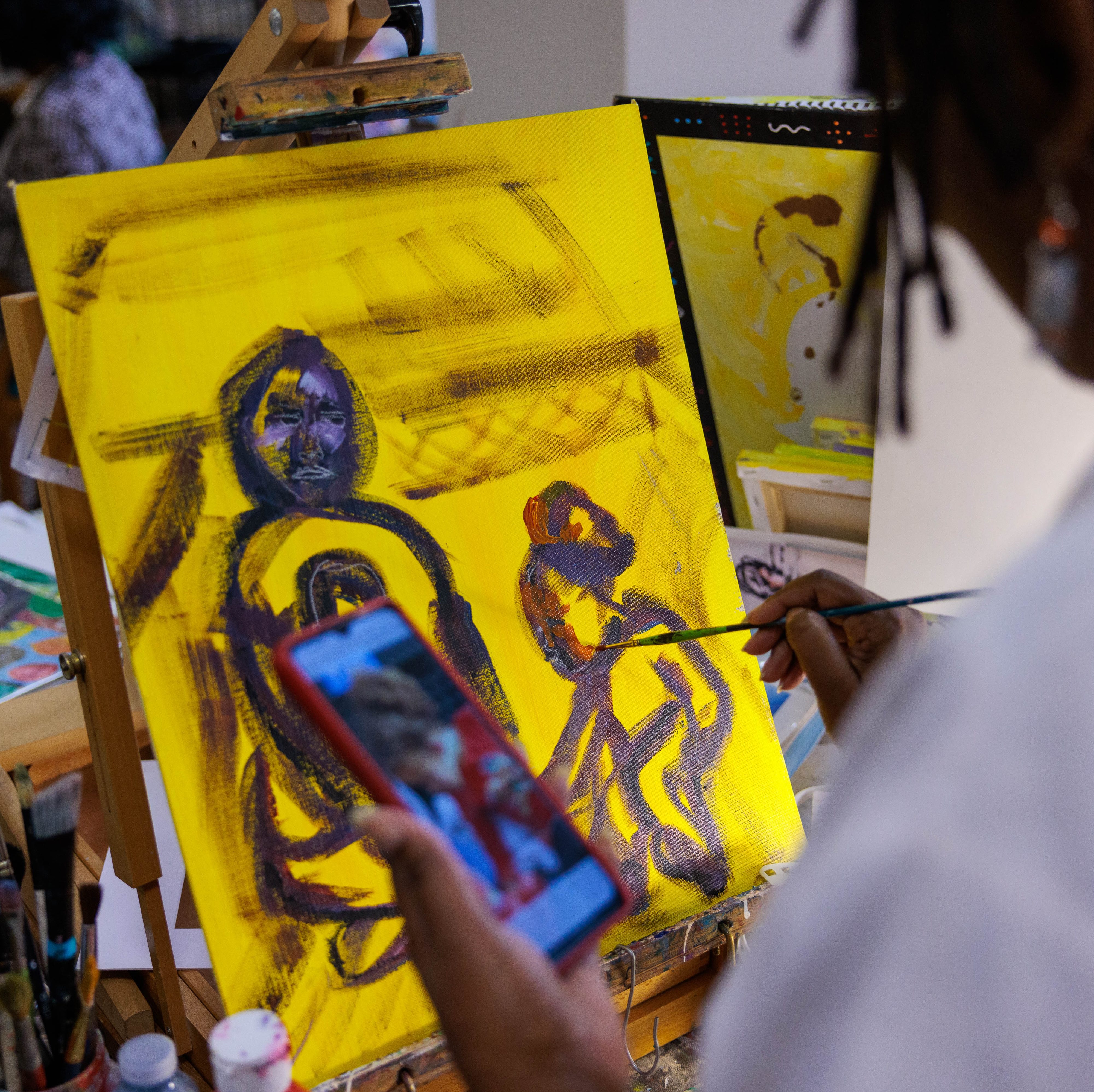
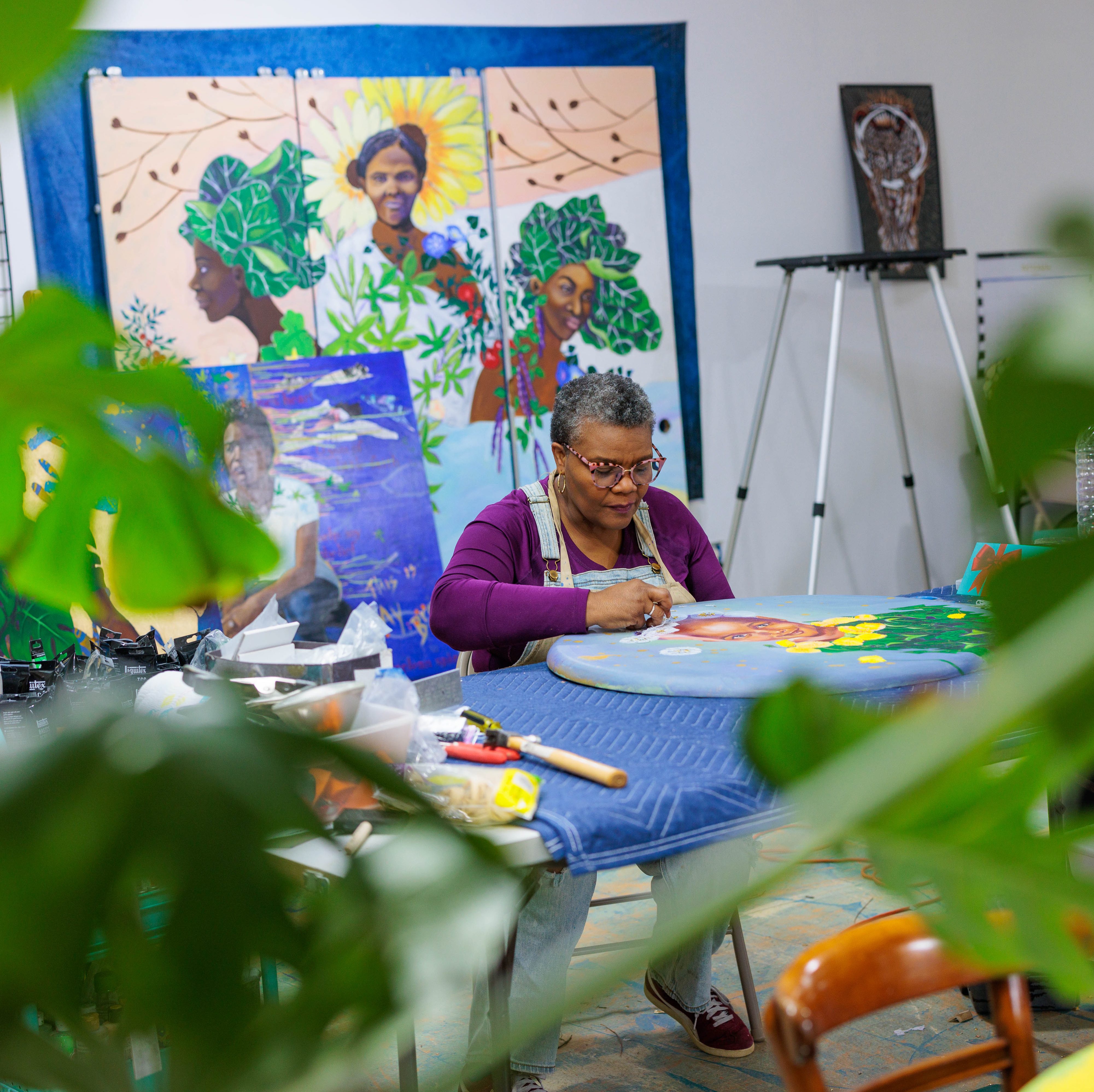
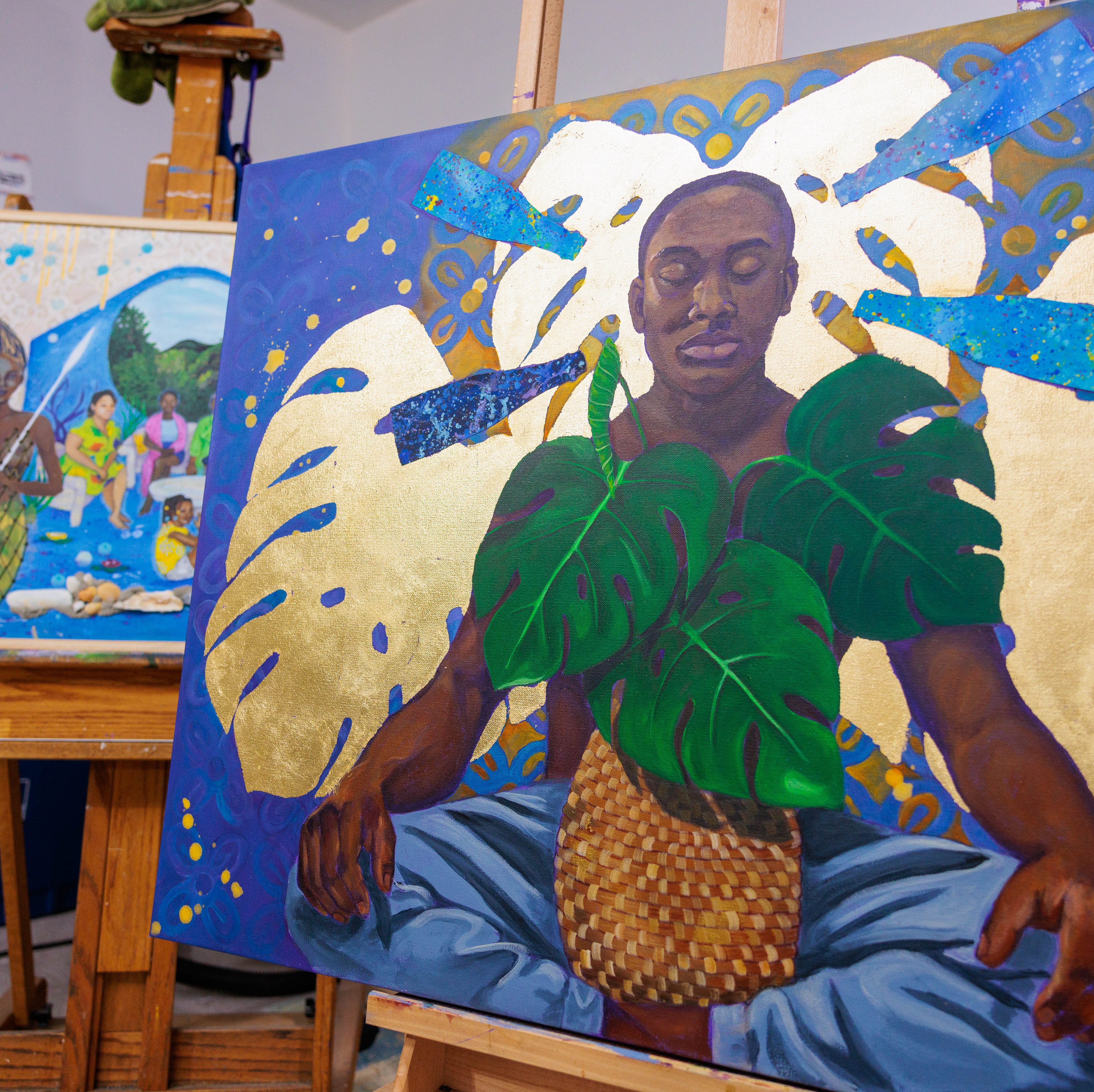
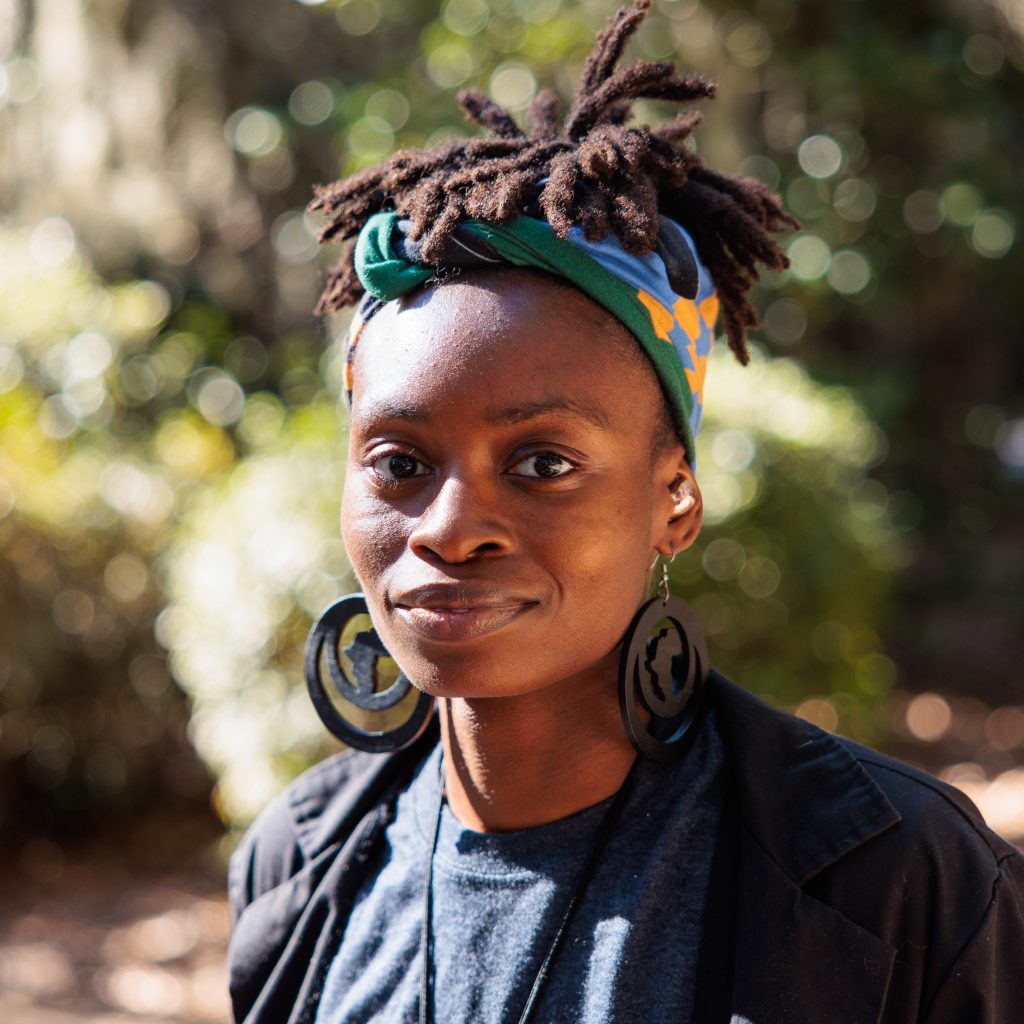
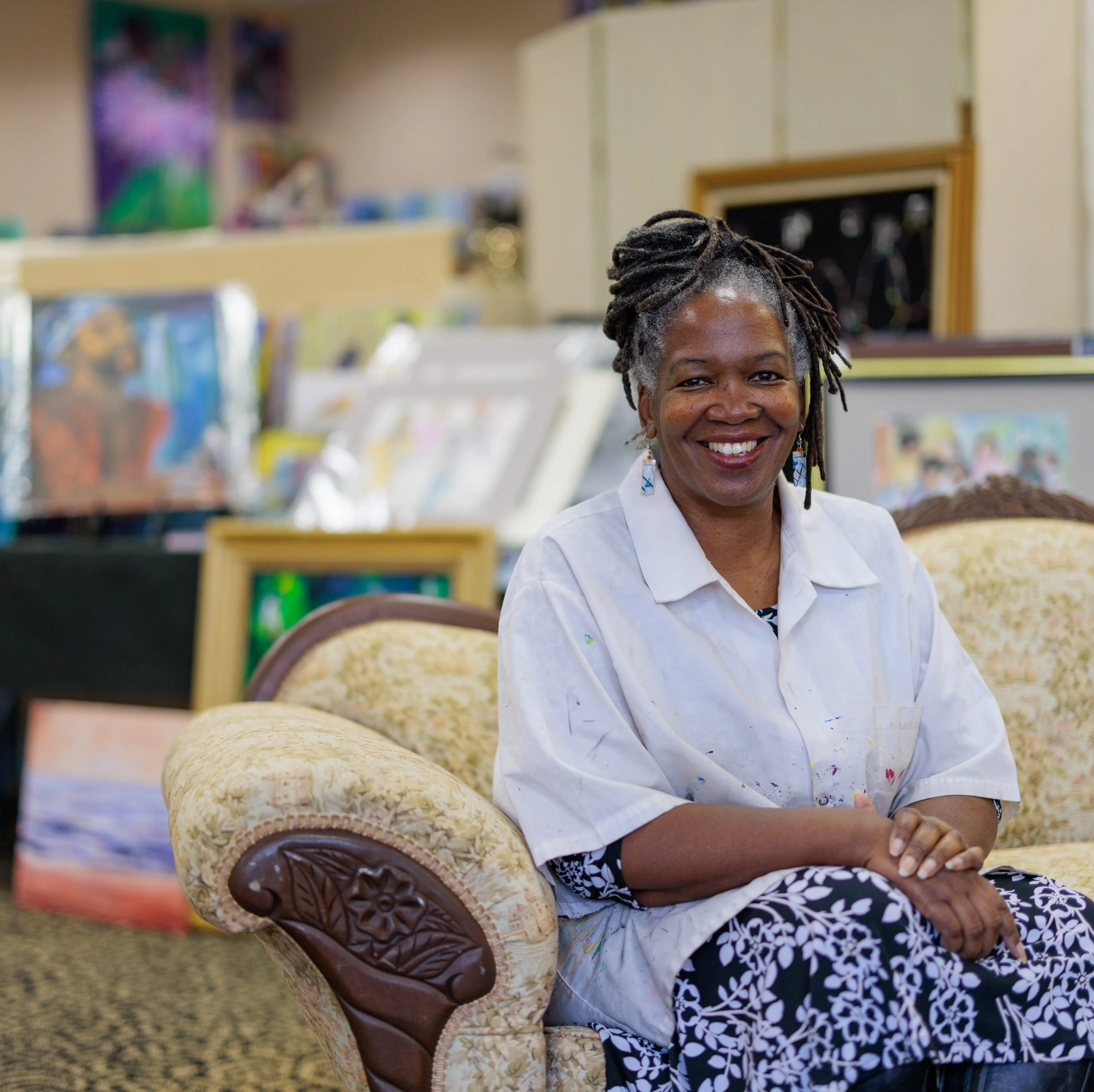
Acknowledgements
We wish to thank Google.org and Walmart Foundation for their generous support. The findings, interpretations, and conclusions in this report are those of the authors and do not necessarily reflect positions or policies of donors. Brookings recognizes that the value it provides is in its absolute commitment to quality, independence, and impact. Activities supported by its donors reflect this commitment.
The following people contributed significantly to the development of this case study: Samantha Elizondo, Yeaye Stemn, and Coura Fall. The authors thank the Gullah/Geechee Sea Island Coalition, the Gullah Geechee Cultural Heritage Corridor Commission, the Gullah Geechee Chamber of Commerce, Natalie Daise, Elizabeth Alexandria Gore, and Akua Page for their generous support of this project. We would like to thank Dave Cooper for his photography featured in this case study.
About the Brookings Institution
The Brookings Institution is a nonprofit organization devoted to independent research and policy solutions. Its mission is to conduct high-quality, independent research and, based on that research, to provide innovative, practical recommendations for policymakers and the public. The conclusions and recommendations of any Brookings publication are solely those of its author(s) and do not reflect the views of the Institution, its management, or its other scholars.

